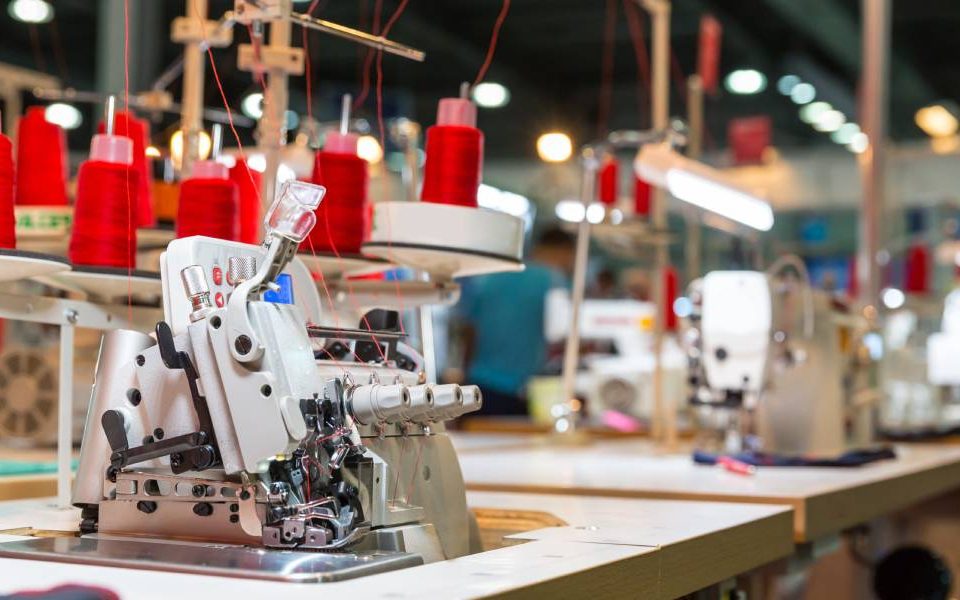Implementations To Modernize Your Lab Technology
Medical laboratories are at the heart of healthcare, playing a critical role in patient diagnosis, treatment, and monitoring. As technology quickly evolves, these laboratories must keep pace and adopt new technologies that make operations more efficient, reduce error rates, and improve patient outcomes.
While this might seem daunting, it becomes more manageable when broken down into specific implementations. These implementations to modernize your laboratory technology will help you tackle the challenges of today’s dynamic healthcare landscape and deliver high-quality patient care.
Adoption of Robotic Process Automation (RPA)
Robotic Process Automation, or RPA, is a technological application that uses software robots to automate repetitive tasks. You can use RPA to handle tasks like data entry and sample sorting in a laboratory setting. Adopting RPA will increase accuracy, reduce human errors, and allow lab personnel to focus on more complex tasks.
Implementation of Artificial Intelligence (AI)
AI is transforming healthcare labs by providing intelligent solutions for tasks like data analysis and diagnostics. Machine learning algorithms can interpret complex medical data faster and more accurately than humans. AI can also accurately predict trends, allowing labs to become proactive rather than reactive in their approach.
Incorporation of Rapid Injection Molding (RIM)
Rapid Injection Molding (RIM) is an invaluable tool in medical application production, specifically when it comes to low-volume production for medical applications. This methodology provides multiple benefits that traditional molding processes can’t match. RIM allows for the rapid production of parts, drastically reducing the manufacturing times that can often slow the production of medical tools without compromising quality.
Integration of the Internet of Things (IoT)
The IoT can positively and effectively revolutionize lab equipment management by creating stronger connections. Sensors embedded in lab equipment can transmit data about their status and operating conditions in real-time. You can use this data to schedule preventative maintenance, reduce downtime, and extend the life of your equipment.
Utilization of Cloud-Based Platforms
The utilization of cloud-based platforms in laboratories has the potential to streamline workflows and improve data management substantially. These platforms offer a central repository for storing and managing laboratory data, eliminating the constraint of physical storage and ensuring easy data retrieval when needed.
Incorporating implementations to modernize your laboratory technology is not just about staying current. It is about enhancing efficiency, improving patient care, and keeping your laboratory at the forefront of medical innovation. You position your lab for future success in the ever-evolving landscape of medical technology by exploring and integrating these implementations.




